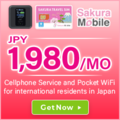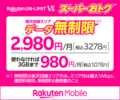Ryokan - Japanese Inns
Check-in Time
Ryokan usually operate on a fairly strict schedule and you will be expected to arrive by 17:00. Great emphasis is put on a guest's arrival into the ryokan. Staffs aim to ensure that guests feel welcomed, taken care of and relaxed from the moment they step onto the property.
In the rare event that you have not yet been greeted, stand in the Genkan "Entry Hall", and call out a greeting, such as "hello", or in Japanese "gomen kudasai". For check-in, guests are handed a form on which they are asked to fill out their name, address and phone number. Foreign travelers "except residents of Japan" will be asked to show their passport for photocopying as required by law. On entry, take off your shoes and put on the slippers you will wear inside the house. Your shoes can be left in the genkan, and will be attended to by the staff. After checking-in you will be led to your room, simply but elegantly decorated and covered in tatami matting. Be sure to take off your slippers before stepping on tatami. The attendant will provide a series of explanations with regards to the ryokan facilities; the public baths and their opening times will be pointed out, the location and times of meals will be explained and once in your room, you will be shown where to find the yukata, air conditioning and heating controls and other amenities.
If the yukata provided are not big enough, simply ask the maid or the reception for oversized "Tokudai - 特大". Many ryokan also have color-coded yukata depending on sex: pinkish tones for women and blue for men, for example.
Some ryokan, especially those with a lot of foreign guests, may also offer a Western style option, while large establishments may offer buffet style breakfasts that include both Japanese and Western dishes. The time and location of breakfast will be confirmed the night before by your attendant, but it is typically held at the same place that you were served dinner.
Checkout Time
Checkout time for ryokan is usually 10:00 or 11:00. This leaves just enough time to have a morning bath and to linger over breakfast. In case you have the breakfast in a dining hall, a staff member might come into your room while you are away eating breakfast to put away the futon. If not, it is acceptable to leave your futon laid out on the floor, although you should try to leave the rest of the room tidy.
Checkout normally happens at the reception desk or in the lobby. While most ryokan now accept major credit cards, smaller establishments may not, so it’s better to carry enough cash with you. In many ryokan you will be attended to by one person for your entire stay; to check you in, serve your meals, prepare your room and bid farewell as you depart. Tipping
Although tipping is neither expected nor required at a ryokan, you may leave a tip if you wish, especially at better ryokan where you are attended to by one person for your entire visit.
High-end ryokan are one of the few places in Japan that accept tips, but the "Kokorozuke" system is the reverse of the usual: around 3000 yen "around 1000 yen per guest is appropriate", is wrapped in a paper or placed in an envelope and handed to the maid bringing you to your room at the very beginning of your stay, not the end. While never expected "you'll get great service anyway", the money serves both as a token of appreciation and an apology of sorts for any difficulty caused by special requests "for example; food allergies" or your inability to speak Japanese. An alternative to tipping is to bring along a small gift that can be shared by the staff. This option is best reserved for small ryokan. Note: Some establishments with the word "ryokan" in their name are not the luxurious variety at all, but just Minshuku in disguise. The price will tell you the type of lodging it is.
Consequently minshuku rates are lower, hovering around 5000 yen with two meals "一泊二食 - Ippaku-Nishoku". Cheaper yet is a stay with no meals "素泊まり - Sudomari", which can go as low as 3000 yen. Minshuku are more often found in the countryside, where virtually every hamlet or island, no matter how small or obscure, will have one. They offer visitors a good opportunity to meet local families and experience the traditional Japanese lifestyle.
The hardest part is often finding them, as they rarely advertise or show up in online booking engines, so asking the Local Tourist Office or a service such as Japanese Guest Houses is often the best way. A popular place for tourists to experience a minshuku is around Shirakawa-go and Gokayama where visitors can stay in historic traditional farmhouses.
Both facilities and prices are usually more comparable to ryokan than minshuku standards; however, they are almost invariably large in size and can be rather impersonal. Popular ones need to be booked well in advance for peak seasons: sometimes almost a year in advance for New Year's and the like.
Related Links:
Sources
0 Comments
Leave a Reply. |
Halal In Japan
|
|

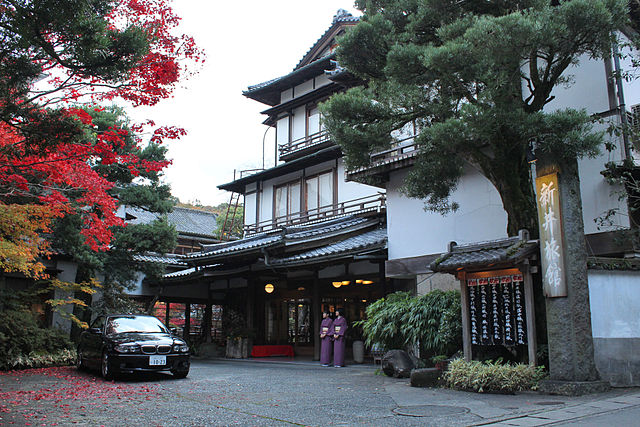
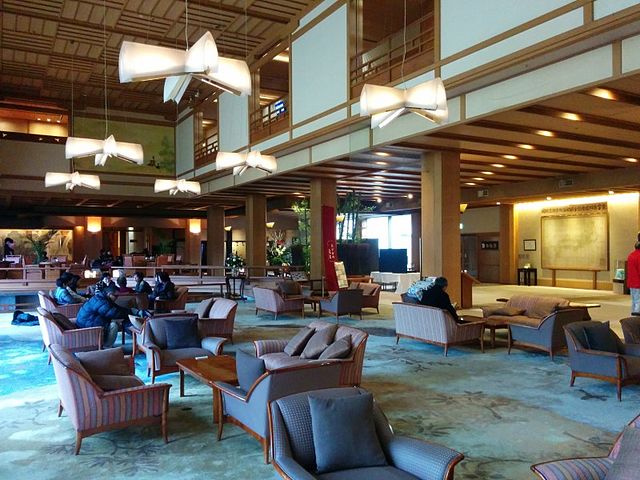
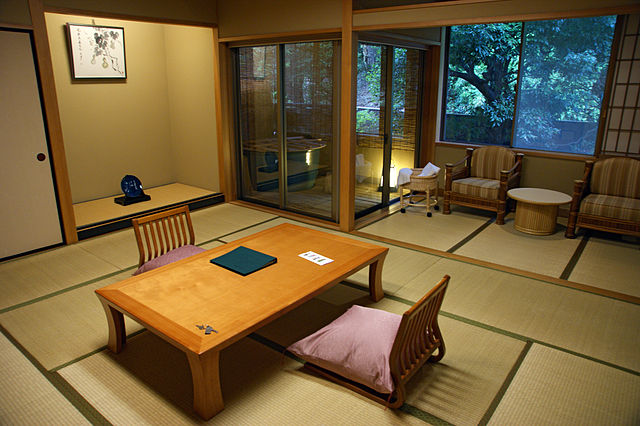
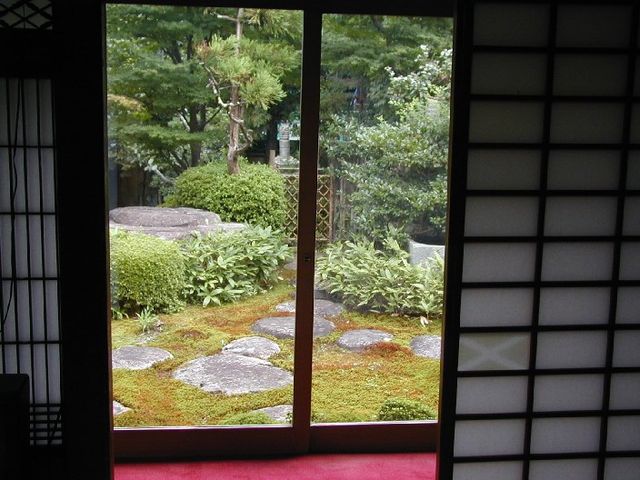
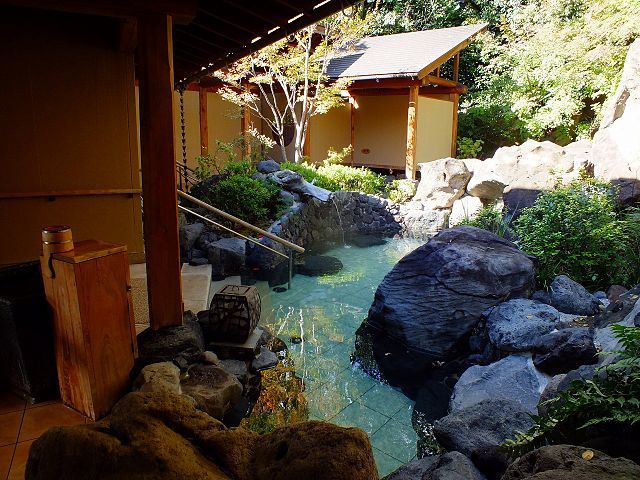
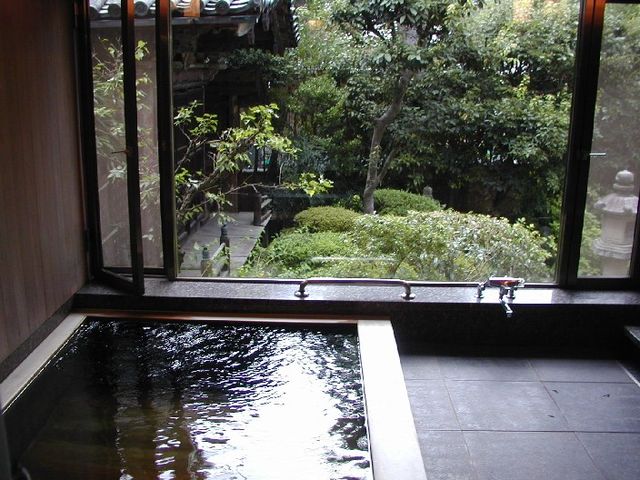
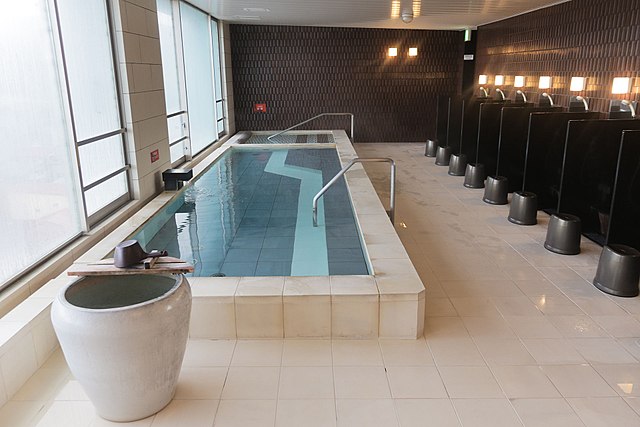
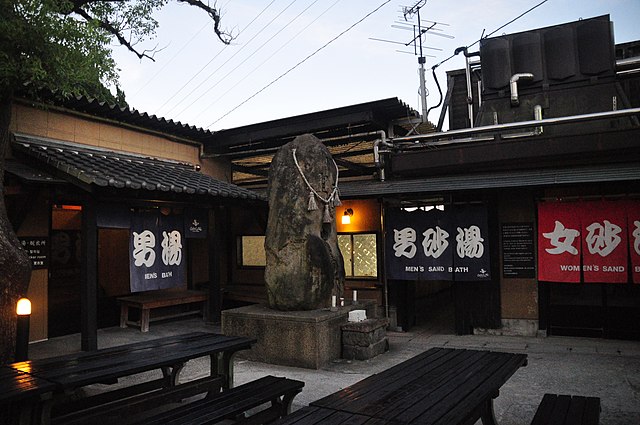
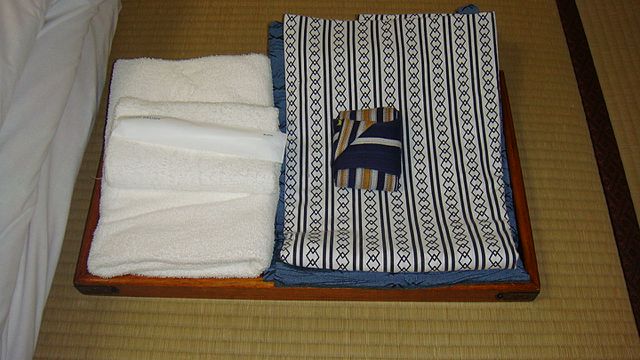

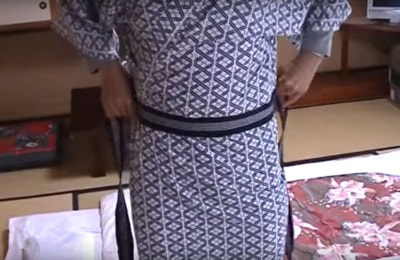

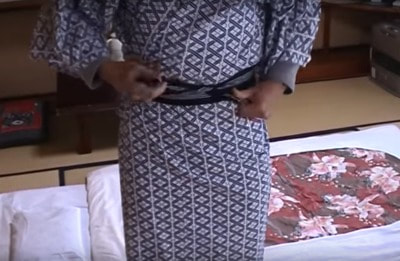



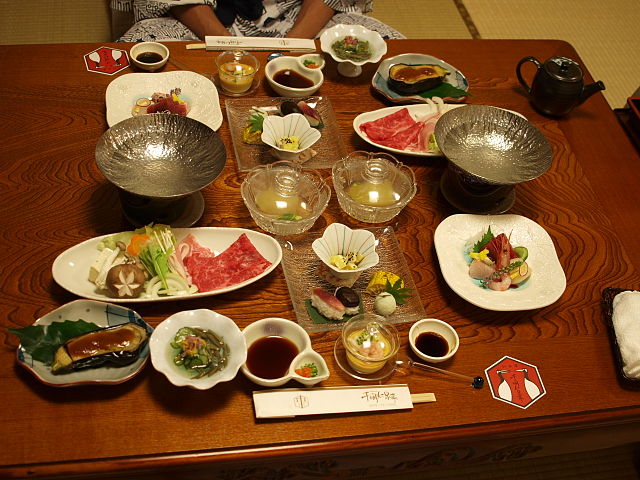
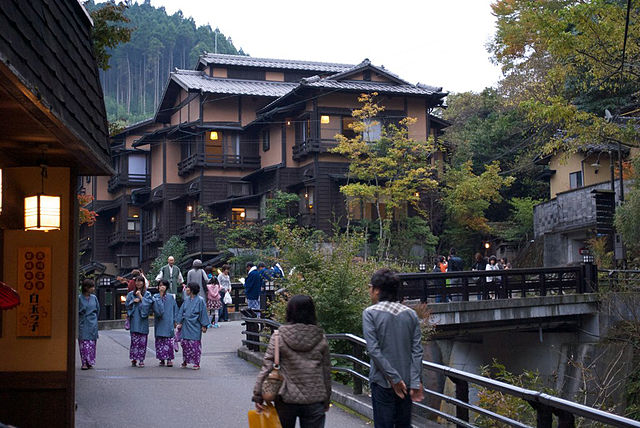
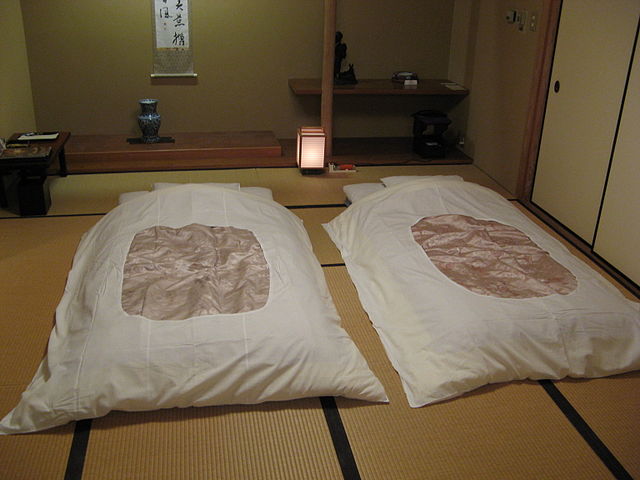
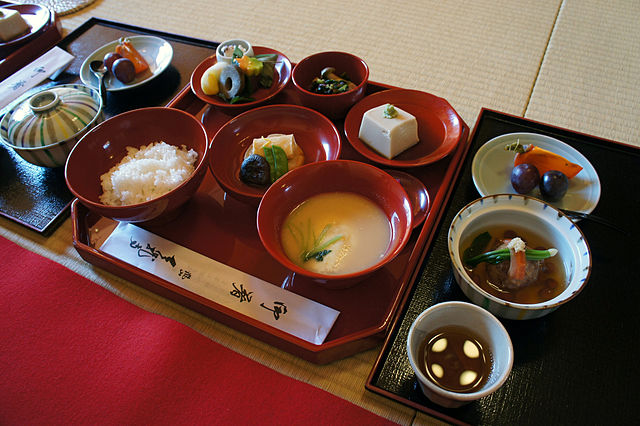
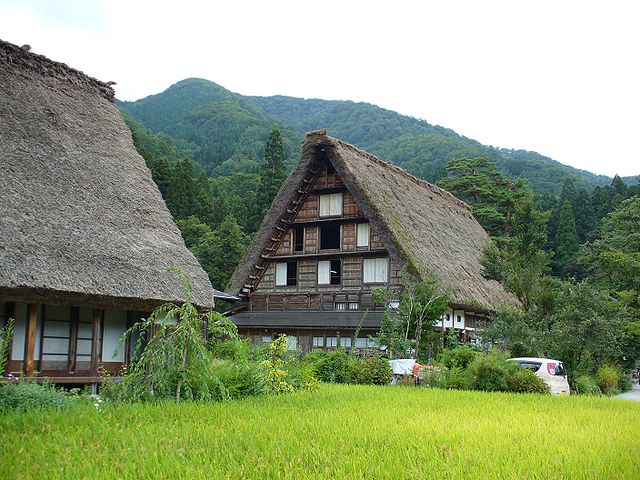
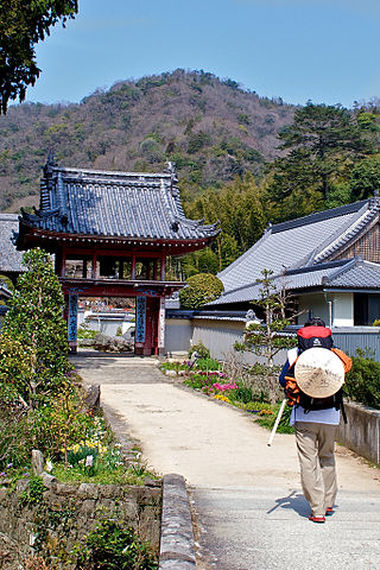

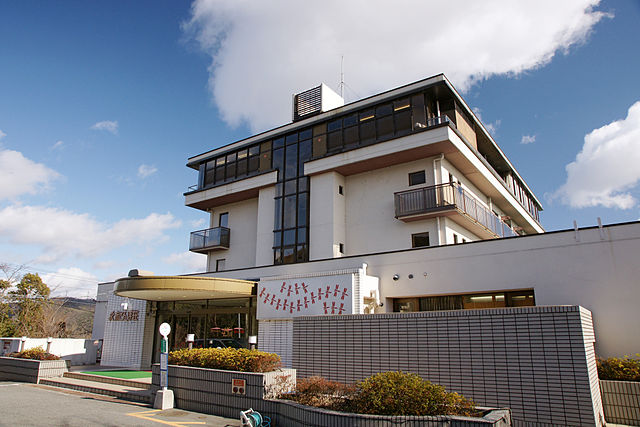

 RSS Feed
RSS Feed
